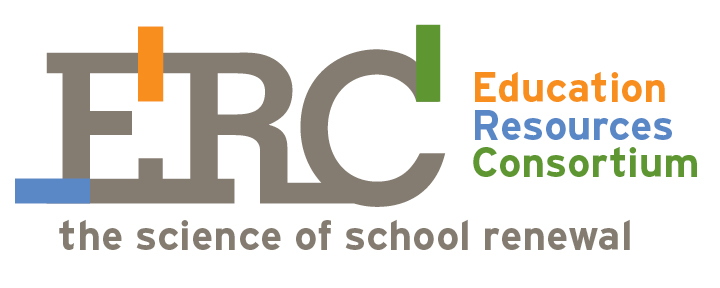American Teacher Preparation Out-of-Step with High-Performing Nations
The first ever International Summit on Teaching, convened in March New York City, showing perhaps more clearly than ever that the United States has been pursuing an approach to teaching contrary to that pursued by the highest-achieving nations. It was the first time that government officials and union leaders from 16 nations met together to exchange experiences and pursue consensus about how to create a well-prepared and accountable teaching profession. Linda Darling-Hammond of Stanford University, founding director of the National Commission on Teaching and America’s Future, and former president of the American Educational Research Association, Darling-Hammond , reporting from the Summit, writes in the Washington Post that the growing de-professionalization of teaching in America was recognized as out of step with the strategies pursued by the world’s educational leaders.
In stark contrast to America’s approach to improving teacher quality, still mired in merit pay debates, officials from countries like Singapore and Finland described how they have built a high-performing teaching profession by enabling all teachers to enter high-quality preparation programs, generally at the masters’ degree level, and receiving a salary as they train. There they learn research-based teaching strategies and practice with experts in lab schools connected to their universities. They enter a well-paid profession (earning as much as beginning doctors in several countries), are supported by mentor teachers, and have 15 or more hours a week to work and learn together. Engaging in shared planning, action research, lesson study, and observations in each other’s classrooms goes a long way in removing feelings of isolation and frustration so often expressed by beginning teachers. And they work in schools that are equitably funded and well-resourced with the latest technology and materials.
Darling-Hammond, who also serves as a convener for the Forum for Education and Democracy, compared such approaches with American states’ willingness to lower standards rather than raise salaries for the teachers in poor districts, and the growing number of recruits who enter the profession with inadequate prior training, learning on-the-job with the uneven, or no mentoring. A third of U.S. beginning teachers leave within the first five years, and those with the least training leave at more than twice the rate of those who are well-prepared. Teacher preparation at the university level in the U.S. rarely includes the development of cultural competence, collaborative teaching and planning, and action research
For the full article, go to: http://www.washingtonpost.com/blogs/answer-sheet/post/darling-hammond-us-vs-highest-achieving-nations-in-education/2011/03/22/ABkNeaCB_blog.html
